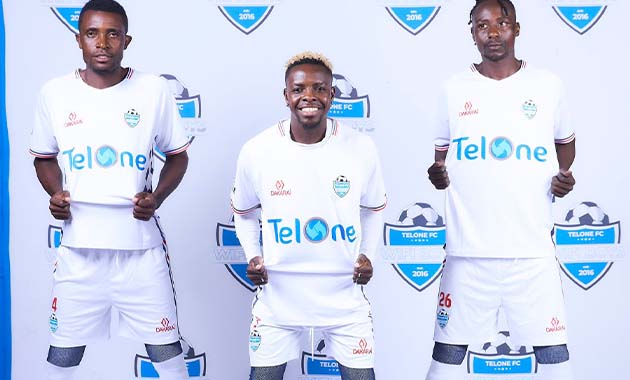Specialised trauma care for war veterans

Flora Fadzai Sibanda, [email protected]
ONE of Bulawayo’s leading medical service providers, Rugare/Hlalani Kuhle Medical Aid, which recently acquired Premier Hospital in Hillside suburb, has pledged to offer counselling services to war veterans and their families as a gesture of gratitude for their role in liberating Zimbabwe.
The facility is under renovation and once complete, will house a dedicated trauma and counselling ward, providing specialised counselling for war veterans and their families.
In an interview, the hospital’s director, Quinn Sowa, said liberation war veterans endured immense trauma during the war, yet many lacked proper counselling upon returning home at independence to reintegrate into society.
Sowa, a professional psychotherapist, explained that some war veterans suffer from post-traumatic stress disorder (PTSD), a condition that commonly affects people who have experienced or witnessed traumatic events, a series of events or a set of circumstances such as wars. PTSD can cause symptoms like feeling jittery, having sleep problems, difficulty concentrating and self-isolation.
“Most of our war veterans who went to war for our liberation didn’t get counselling after they came back. They just moved on with life and everyone expected them to go back to being normal people, which is something that is making most of them have PTSD,” she said.
“The same goes with families that had war veterans, especially children who were still young. Some of them may have lost their families while some had to see their families injured and hurt.”
Sowa explained that during the liberation struggle, war veterans were trained to operate within a specific task force framework and under guided conditions. As a result, they developed a daily routine that they followed consistently. However, when they suddenly returned home, this established routine was disrupted.
“That is why you would see that most of them are a bit self-isolated while others may show signs of being violent. Getting a picture of someone you know dying and hearing voices of bombs is not an easy thing,” said Sowa.
“That is where we will come in. The hospital team will help with revisiting those events and talking about them so that they may know it has long passed.”
She mentioned that the counselling sessions would last two hours. Additionally, each patient will have private sessions tailored to their individual needs, allowing them to select the day and time that suits them best. The experienced psychotherapist, who worked in an A-class prison in the United Kingdom for over 10 years, also revealed that they plan to incorporate outdoor activities alongside indoor counselling.
“We will be encouraging our patients to partake in a number of activities like visiting schools, cleaning roads and outdoor agriculture. That way they can mingle more, especially with young people so they may be content and know their hard work did not go into vain, it was a way of freeing the young generation so they may live peacefully and happily,” said Sowa.
She said that the hospital is collaborating closely with the Government to recruit qualified and suitable staff members who will contribute to the success of this initiative.
“The counselling session will not be a one-day process because mental health is very complicated as it needs time and patience to be dealt with,” said Sowa.
“We are looking forward to opening that session of our hospital because we know our war veterans are a huge part of our liberation struggle and we would not be celebrating days like independence had they not sacrificed their own independence for us.” — @flora_sibanda








Comments